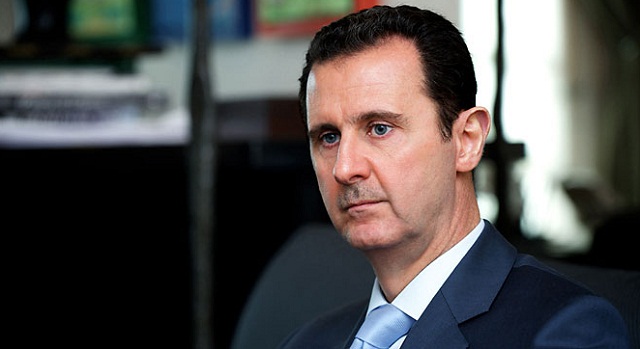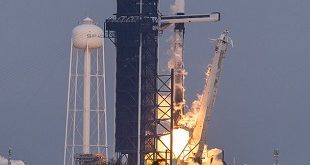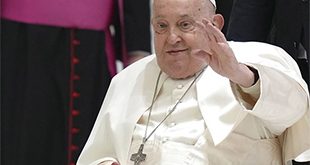
Douma, Syria | AFP | New regime air strikes and heavy clashes shook Syria’s rebel enclave of Eastern Ghouta on Sunday despite a UN demand for a ceasefire to end one of the most ferocious assaults of Syria’s civil war.
After days of diplomatic wrangling, the Security Council on Saturday adopted a resolution calling for a 30-day ceasefire in Syria “without delay”, to allow for aid deliveries and medical evacuations.
President Bashar al-Assad’s forces launched a major bombing campaign against the enclave on the edge of Damascus a week ago, with more than 500 people since killed.
The UN resolution has raised hopes of stemming the bloodshed but it remains unclear when or how broadly the ceasefire could be implemented.
Russia is a key ally of Assad’s regime and in a phone call on Sunday German Chancellor Angela Merkel and French President Emmanuel Macron urged President Vladimir Putin to use his influence.
They called on Russia “to exercise maximum pressure on the Syrian regime to achieve an immediate suspension of air raids and fighting”, Merkel’s office said in a statement.
Pope Francis also joined international calls for a ceasefire, saying in his Sunday Angelus prayers: “All this is inhuman. One cannot fight evil with another evil.”
In Douma, the main town in Eastern Ghouta, fresh air raids and artillery strikes could be heard on Sunday, an AFP correspondent in the town said.
– Ground fighting intensifies –
At least seven civilians were killed in strikes on Sunday, according to the Syrian Observatory for Human Rights monitoring group, bringing the total number of dead in the week to 527, including 129 children.
Although there appeared to be fewer air strikes, Observatory chief Rami Abdel Rahman said, fighting had intensified on the ground.
Heavy clashes erupted in southern areas of Eastern Ghouta, he said, with at least 13 members of pro-regime forces and six fighters from the Jaish al-Islam rebel group killed.
“They are the most violent clashes to take place since the beginning of the month,” said Abdel Rahman, whose Britain-based group uses a network of sources across Syria to monitor the country’s conflict.
Mohamed Alloush, a key figure in Jaish al-Islam, tweeted that the rebels were “resisting” bids by regime forces to enter the region.
Eastern Ghouta, home to some 400,000 people, is surrounded by government-controlled territory and its residents are unwilling or unable to flee.
The two main rebel groups controlling the enclave — Jaish al-Islam and Faylaq al-Rahman — welcomed the Security Council demand, but vowed to fight back in case of renewed attacks.
 The Independent Uganda: You get the Truth we Pay the Price
The Independent Uganda: You get the Truth we Pay the Price


